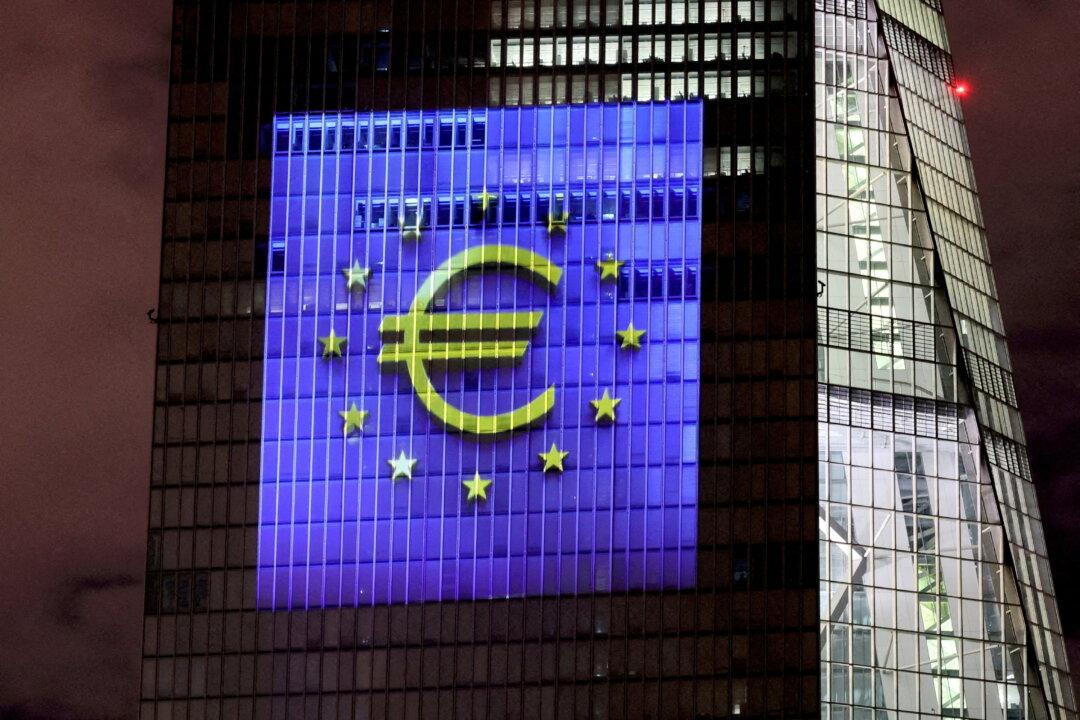Core inflation soared to a record high in the eurozone in January, as the bloc’s energy crisis continues.
The euro bloc is currently facing the worst energy crisis in decades, after the Russia–Ukraine war caused gas and oil prices to soar.

Core inflation soared to a record high in the eurozone in January, as the bloc’s energy crisis continues.
The euro bloc is currently facing the worst energy crisis in decades, after the Russia–Ukraine war caused gas and oil prices to soar.